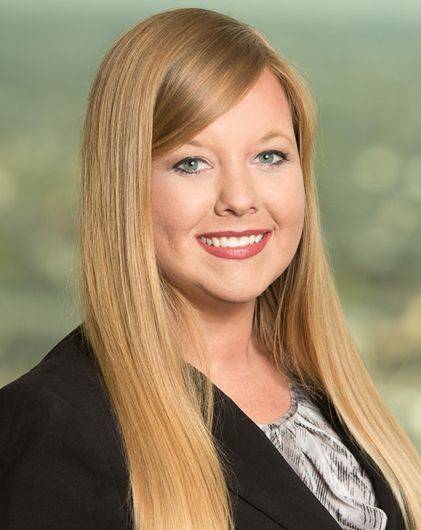As You Deck the Halls and Trim the Tree, Don’t Forget About H-1B
The final weeks of the year can be a little less demanding for most employees — a season of office parties, celebratory staff lunches and vacation time — it’s one of the busiest periods for HR professionals.
Among the most important items on HR’s must-do list at year’s end is planning for the quickly approaching H-1B cap season. While crossing items off your holiday “to-do” list, employers in education, STEM, health care and varied other industries should also plan to take advantage of the H-1B visa program if they have been unable to hire or retain talent in specialty occupations.
Foreign workers fill a critical need in the U.S. labor market — particularly in the Science, Technology, Engineering, and Math (STEM) fields. Every year, U.S. employers seeking highly skilled foreign professionals compete for the pool of H-1B visa numbers for which U.S. Citizenship and Immigration Services (USCIS) controls the allocation. With a low statutory limit of visa numbers available, HR professional with hiring needs should plan for success in hiring and retention through the H-1B program. The key is registering for H-1B selection.
The online registration and lottery selection process for the upcoming H-1B cap season is user-friendly and allows employers with hiring needs to easily secure H-1B visas for qualified foreign nationals who can work in specialty occupations. A specialty occupation is one that requires the application of a body of highly specialized knowledge and the attainment of at least a bachelor’s degree or its equivalent. Common specialty occupations in the health care industry include:
-
- Audiologists
- Chiropractors
- Cytotechnologists
- Dietitians
- Genetic counselors
- Medical technologists
- Nutritionists
- Occupational therapists
- Physical therapists
- Physician assistants
- Physicians
- Psychologists
- Recreational therapists
- Speech language pathologists
- Optometrists
- Podiatrists
The upcoming online H-1B visa registration period will begin in March 2023. Employers who have staffing openings that have not been filled by domestic talent should consider the broad pool of talent available in the international space and register so H-1B visas can be secured. Registration costs a nominal fee per prospective employee and employers can submit registrations for up to 250 prospective employees.
USCIS will randomly select registrants and send selection notices by March 31. Selected registrants will then have 90 days to submit an H-1B petition to USCIS, along with filing fees and supporting evidence. If the H-1B petition is approved, employees can begin working as early as Oct. 1.
Please contact Brandon Davis or Laura Buck of Phelps’ Immigration team if you have any questions or need compliance advice or guidance.



